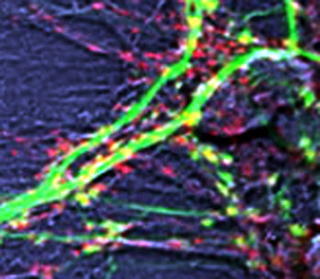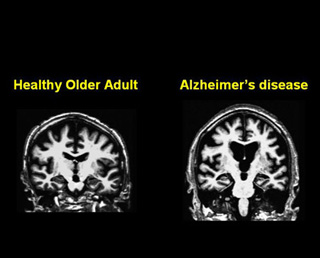MIT OCW Archived Courses
MIT OpenCourseWare materials are licensed by the Massachusetts Institute of Technology under a Creative Commons License .
Recent Submissions
-
14.41 Public Finance and Public Policy, Fall 2010
(2010)Explores the role of government in the economy, applying tools of basic microeconomics to answer important policy questions such as government response to global warming, school choice by K-12 students, Social Security ... -
9.301J Neural Plasticity in Learning and Development, Spring 2002
(2002)Roles of neural plasticity in learning and memory and in development of invertebrates and mammals. An in-depth critical analysis of current literature of molecular, cellular, genetic, electrophysiological, and behavioral ... -
9.110J Neurology, Neuropsychology, and Neurobiology of Aging. Spring 2005
(2005)Lectures and discussions in this course cover the clinical, behavioral, and molecular aspects of the brain aging processes in humans. Topics include the loss of memory and other cognitive abilities in normal aging, as well ...



